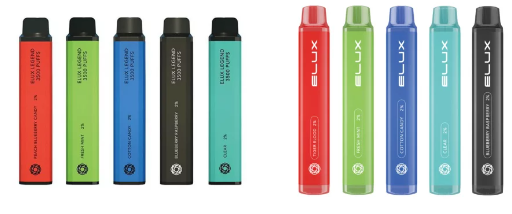
Debt Collectors and Bankruptcy: Can They Contact You?
Filing for bankruptcy in Wisconsin can provide individuals with a fresh start when burdened by overwhelming debt. While bankruptcy offers protection from creditors and reduces the amount owed, it’s important to understand that debt collectors may still attempt to contact you even after filing. Here, Nathan DeLadurantey sheds light on the matter and clarifies the rules surrounding debt collection after bankruptcy.
Understanding Bankruptcy and Consumer Proposals
Bankruptcy is a legal process designed to assist individuals or businesses unable to repay their debts. When someone files for bankruptcy, they receive protection from creditors, and a court determines how their debts will be handled. On the other hand, a consumer proposal is an alternative option that allows debtors to repay their debts over time through a lump sum payment and subsequent monthly payments for a designated period.
Debt Collectors and Contact After Filing a Consumer Proposal
Once you have filed for bankruptcy or a consumer proposal, debt collectors are generally prohibited from contacting you without proper authorization. However, it’s important to note that there are certain exceptions. Debt collectors can contact specific claimants, such as insurance companies, even after the filing. Additionally, if you have authorized a debt collector to contact you, they can continue to do so.
Dealing with Debt Collector Calls After Filing
Nathan DeLadurantey If a debt collector calls you after filing for bankruptcy or a consumer proposal, it’s essential to be aware of your rights. Inform the debt collector that they are not allowed to contact you until they receive authorization from the trustee in bankruptcy. Debt collectors are legally required to cease all collection activities until they have obtained authorization from the appropriate parties.
In some cases, if you are dealing with a large amount of debt, it may be possible to negotiate a settlement agreement with the creditor. A settlement agreement is an arrangement between the debtor and the creditor, which can include a discounted payoff amount or other forms of repayment. It is important to consult with your trustee in bankruptcy before entering into any kind of settlement agreement to ensure that it meets your needs.
Finally, it’s essential to keep copies of all correspondence from creditors, debt collectors, and other parties in order to remain organized. This will help ensure that any agreements you make are legally binding and enforceable by the court if necessary. By maintaining records of all correspondence with creditors, it is easier to review past conversations and correspondences for reference purposes should a dispute arise. Additionally, these records may be useful if you need to make any changes or corrections to your consumer proposal or bankruptcy files. This is especially important when it comes to ensuring that all creditors are correctly notified and included in the process.



